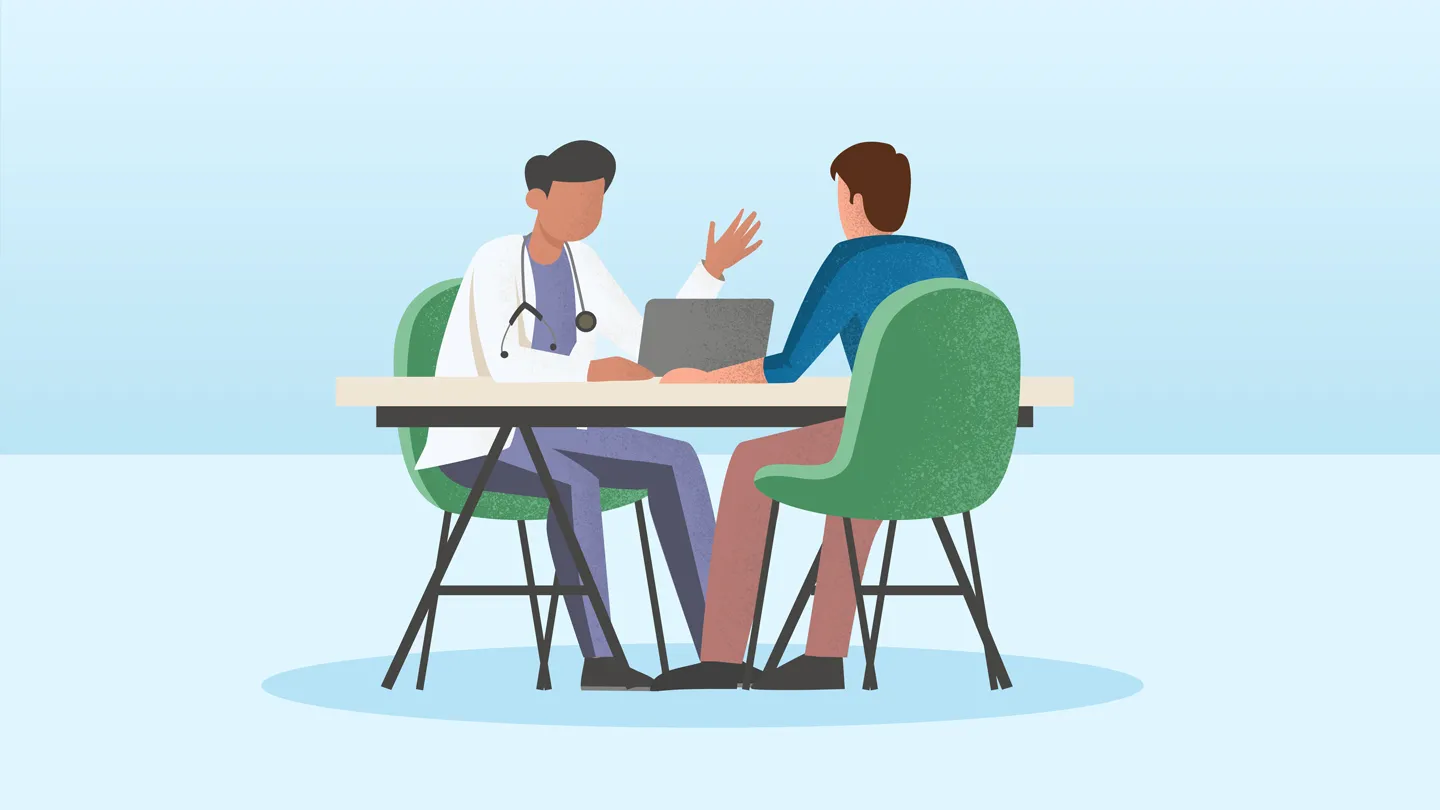Erectile dysfunction (ED) seems to be more common in men with ulcerative colitis.
Several factors contribute to erectile dysfunction in men with UC.
Greater Disease Activity and Worse Symptoms
- Inflammation Substances that your body releases when inflammation occurs can inhibit the production of testosterone and are linked to ED.
- Pain You’re less likely to be able to achieve or maintain an erection when you’re experiencing pain or discomfort. One study found that men with anal or rectal pain were more than twice as likely to have erectile dysfunction.
- Fatigue UC flares can sap your energy and interest in intimacy, says Dr. Valenzuela.
- Bowel Movements Having more frequent or urgent bowel movements can distract from arousal and interrupt sexual activity. “Fear of having an incontinent episode during intercourse [often] makes the idea of having pleasurable intercourse worrisome to patients with IBD,” says Lisa Fasone, a certified physician assistant in urology at Northwestern Medicine in Illinois.
- Nutrition Deficiencies Some nutrient deficiencies linked to IBD, such as zinc deficiency, can reduce testosterone production and affect sexual function.
Effects of Treatment
Physical challenges may persist long after recovery. “For men who have undergone surgery, nerve damage or structural changes from colectomy, J-pouch, or ostomy procedures can lead to altered erectile function,” says Valenzuela.
Psychological Factors
Psychological issues are a major contributor to erectile dysfunction in men with UC. “Men with IBD are at an increased risk for having anxiety and depression, which may impact erectile health,” says Fanone. What’s more, you may not feel good about the way your body looks or functions, which can harm your sexual confidence and contribute to erectile dysfunction.
Read the full article here




